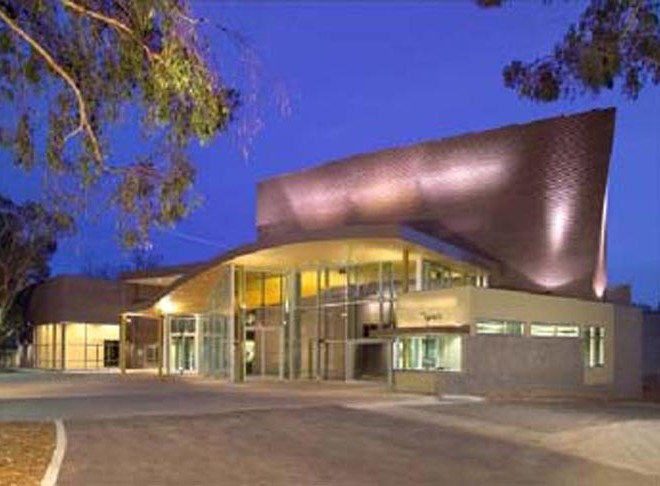This play is cursed!
According to theatre legend, one of Shakespeare’s best known tragedies suffers under a terrible hex. Many actors refuse to speak its title in a theatre—or anywhere else—for fear they’ll jinx the show they’re working on.
This is known as the Curse of the Scottish Play.
The play in question is Macbeth (shhhhh—don’t say that word out loud!). It’s a historical drama about a Scottish lord and his ambitious, sleepwalking wife who stop at nothing in their blood-soaked rise to power. The play is both spooky and gory, reeking of witchery and murder.
Why is it cursed? Some say Shakespeare was playing with fire when he wrote scenes for a trio of witches cooking up spells on stage. Supposedly, he used real witches’ incantations in the famous scene in which the “weird sisters” chant,
Double, double toil and trouble;
Fire burn, and cauldron bubble.
So, even though this is one of the most exquisitely entertaining plays ever created, many theatre people won’t call it by its name. Let’s say you’re in the lobby of your local repertory company and you ask the house manager what’s next in the subscription season.
“Um…..the Scottish Play.”
Another common way to avoid saying “Macbeth” is to use a nickname like “MacBee.” The characters in Slings and Arrows, the delightful Canadian TV miniseries set at a rep theatre, refer to the unmentionable play as “Mackers.”
Likewise, actors refer to the title character as the “Mr. M.,” the “Scottish King” (or “Lord”), and his wife the “Scottish Queen” or “Lady M.”
Of course, if you are actually doing the play, you are permitted to utter the cursed names as long as you are performing or rehearsing a line from the script.
But in any other circumstance, if the title of the Scottish Play should accidentally pass your lips, don’t panic. There are a number of available antidotes: spin around, preferably three times; hop on one leg while reciting a line from Hamlet; leave the theatre, spit over your left shoulder, and wait to be invited back in.
The curse, according to legend, dates back to shortly after the play’s seventeenth-century premiere when the young man who played Lady M. met an untimely end. At another early production, a stage dagger was accidentally replaced by a real knife, with disastrous consequences.
Theatre lore is filled with many other stories of accidents, near-misses, and sad coincidences that have afflicted productions of Macbeth over the years. Do a quick internet search and you can find dozens of spooky tales of things that have gone wrong, sometimes tragically so.
Then again, this is one of Shakespeare’s most popular dramas, and thousands upon thousands of productions go off each year without a hitch.
Still, it’s a good idea to avoid saying the title. Better safe than sorry!
–Ben Pesner
This video was made by Theatre Development Fund, and it was filmed on location at Soho Rep.
Here’s the team:

